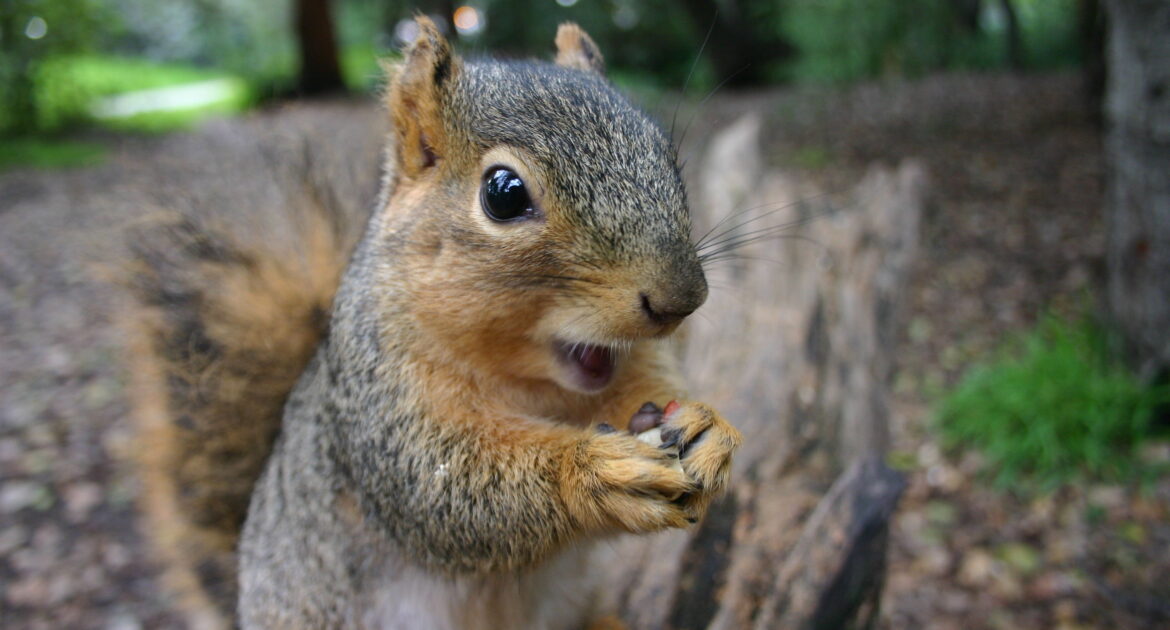Camping is all about getting out into nature. Seeing wildlife is often part of the fun, but you don’t want to attract any unwelcome critters to share your camp with you. When you start a campfire, you’re probably thinking about roasting marshmallows, staying warm and maybe even telling ghost stories or singing a campfire song or two.
You may not be thinking about whether your fire attracts the wild animals you would rather see from a distance or not at all. While Skedaddle can help you with raccoon removal at your home, we don’t make campfire calls! Though most think a campfire repels wildlife, the truth is that some animals are attracted to it or at least not afraid of it.
Animal Attractions
If you camp in British Columbia or any other region that is home to bears, you should be aware that campfires attract both bear species. Though bears are one of the animals people fear running into when out in the wilderness, most of them prefer to avoid humans. However, they are led by their noses and are curious creatures. If one wanders into your camp, chances are it smells something tasty and is looking for a snack. Bears that have grown accustomed to humans may also equate campfires with easy access to food.
You didn’t think you could escape raccoons by going camping, did you? Raccoons are another critter that thinks nothing of a campfire. Instead, like bears, they may recognize it as a sign that their next meal is close at hand. Other wildlife that is potentially attracted to or unafraid of campfires include:
- Reptiles and snakes looking to warm up
- Exceptionally hungry animals
- Packs of coyotes or wolves
- Animals that are sick, especially if they have rabies
Though it’s rare for any of the above animals to approach a campfire, it can happen.
How To Make Your Campfire Less Welcoming
Wildlife attracted to your camp are usually just curious or looking for food. Though the warmth of the fire occasionally draws reptiles and snakes, they are generally more inclined to seek a warm place to burrow or curl up into, like your sleeping bag.
As for the creatures that see a campfire as an open invitation, there are steps you can take to make yours less welcoming. Here are a few suggestions:
- If you cook over your campfire, build your fire at least 50 feet from your sleeping area when possible.
- Keep your campsite clean, picking up trash and any food that falls on the ground and clearing away leftovers as soon as you finish eating.
- Store your food in secure, bear- and raccoon-safe storage containers, keeping coolers and other food containers in the trunk. You can also tie food bags over a high tree branch, away from the trunk and 50 feet from your sleeping area.
- Dispose of your trash in designated receptacles.
- Don’t be afraid to make a little noise if you are in a remote location. Most wild animals want to avoid humans, so if they know you are there, they are more likely to steer clear.
Fortunately, it can be pretty easy to make it clear to wildlife that you have nothing to offer them.
Scaredy Cats
So, what wild animals are actually afraid of your campfire? Most nocturnal animals avoid lighted areas, so they won’t usually approach a fire. Skunks, wildcats and rats are good examples. Solitary wolves and coyotes also tend to avoid campfires. You also don’t have to worry much about squirrels getting too close.
Coquitlam Wildlife Control Services
If you want to know how to get rid of raccoons and other wildlife safely and humanely, Skedaddle is your answer. While we can’t help with raccoon removal at camp, we can help you take care of any unwelcome wildlife residents at your home. Get in touch with us today to schedule services.



